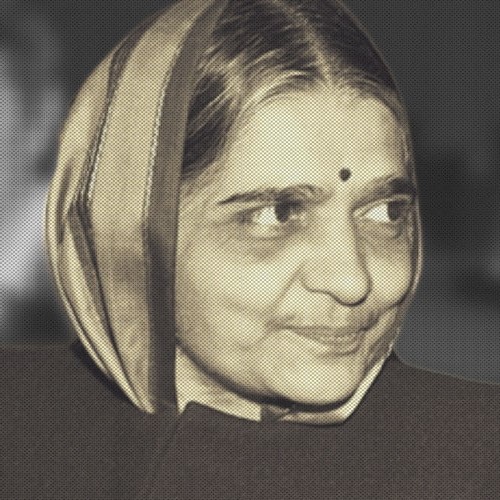Early Life
Hansa Jivraj Mehta was born on 3rd July 1897 in Surat, Gujarat. She studied philosophy at Baroda College and then journalism and sociology in England. In 1920, while in London, Mehta met Sarojini Naidu who would later introduce her to Mahatma Gandhi and the Indian women’s freedom movement.
Mehta’s political career was marked by her 1937 Bombay Legislative Council election win. Having refused to contest from a reserved seat, she took on the elections as a general category candidate. Mehta remained on the council until 1949.
During this time, Mehta became closely involved with the All India Women’s Conference and became its president in 1946. During her presidency, she drafted the Indian Women’s Charter of Rights and Duties, which demanded gender equality and civil rights for women.
At the same time, in 1946, Mehta served as a member of the United Nations sub-committee on the status of women. She was the vice-chair with Eleanor Roosevelt of the United Nations Universal Declaration of Human Rights Committee. Further, she became the first female Vice-Chancellor in India with her appointment at SNDT University in Bombay.
Role in India’s Independence Movement
Mehta participated in the non-cooperation and swadeshi movements. Her involvement with India’s freedom struggle got her arrested in 1932.
Contribution to Constitution Making
Mehta was one of the 15 women framers of the Indian Constitution. She was elected to the Constituent Assembly from Bombay under a Congress Party ticket. In the Assembly, she strongly argued in favour of women’s rights and intervened in debates on uniform civil code and reservation.
Mehta’s speech in the Assembly on 15th August 1947.
Later Contributions
Mehta was the Indian delegate to the United Nations Human Rights Commission. She played a significant role in ensuring that Article 1 of the Universal Declaration of Human Rights (‘UDHR’) was made inclusive and is credited to changing the phrase “All men are born free and equal” to “All human beings are born free and equal”. Hansa Mehta and Eleanor Roosevelt ensured marriage equality to women through Article 16 of UDHR.
Later, Mehta was appointed as the first Vice-Chancellor of the Maharaja Sayajirao University of Baroda, with the University later naming a library in her honour.
The government awarded her with the Padma Bhushan in 1959. She passed away on 4th April 1995.
- Mehta supported the Objectives Resolution put forward by Jawaharlal Nehru, in particular its call for equality and justice for women.
- She expressed her regret that the abolition of purdah could not be included in the Fundamental Rights.
- The uniform civil code, she believed, was a necessity to “build up one nation”.

